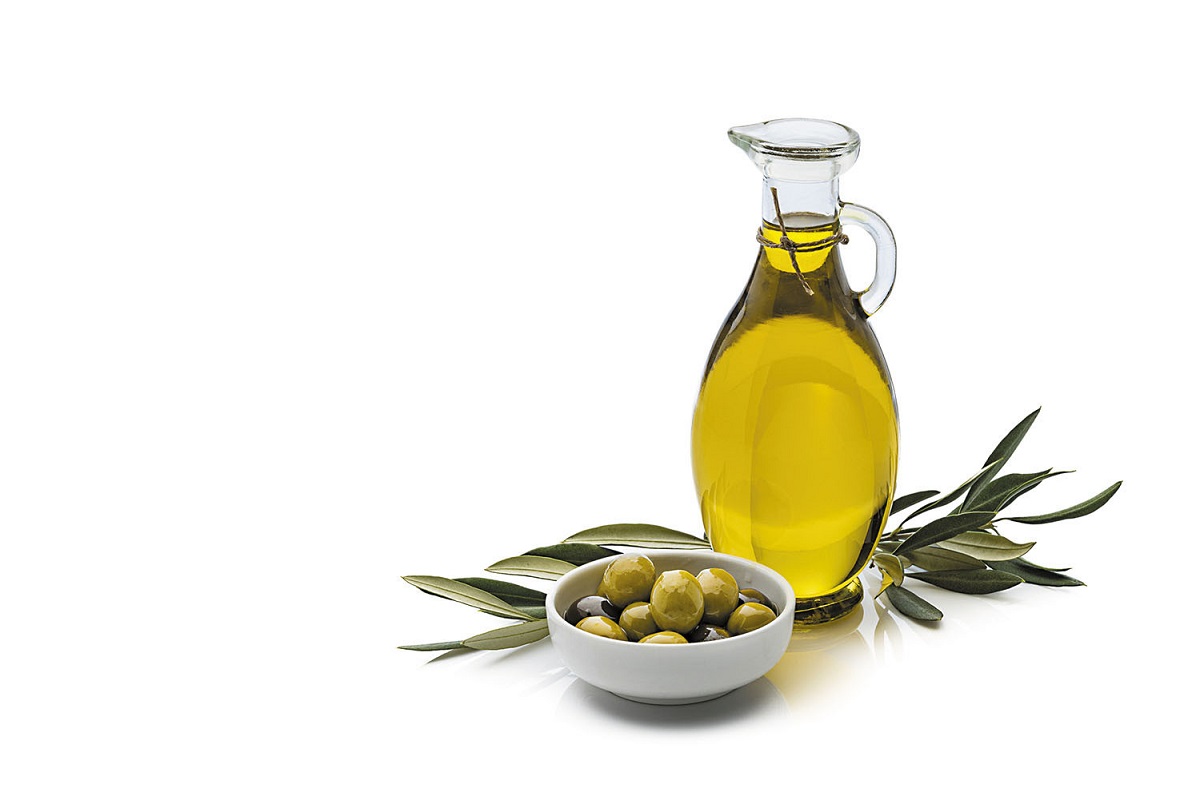Olive oil has been an integral part of Mediterranean culture for millennia, providing not just culinary value but also health benefits, economic significance, and cultural symbolism. One of the regions historically known for producing some of the finest olive oils is the Numidian territory. Numidia, located in what is today modern-day Algeria and parts of Tunisia, boasts a deep history of olive cultivation that continues to this day. The olive oil from this region is revered for its exceptional quality and unique characteristics, offering a glimpse into the rich heritage of the Numidian people.
The History of Olive Oil Numidia Production
Numidia, an ancient Berber kingdom established in 202 BC, played a significant role in the agricultural landscape of the Mediterranean. While the kingdom is widely known for its skilled cavalry and its role in conflicts with Rome and Carthage, Numidia also contributed to the Mediterranean economy through its thriving agriculture, particularly in the production of olive oil. The Berber people of Numidia mastered the art of olive cultivation, turning this simple fruit into a symbol of prosperity and health.
The Mediterranean climate, characterized by hot, dry summers and mild, wet winters, created the perfect conditions for olive trees to flourish. The fertile soils and proximity to trade routes allowed Numidian olive oil to spread across the region, making it a valuable export. Olive oil wasn’t just used for cooking in ancient times, it was also used in religious rituals, for medicinal purposes, and even in cosmetic products, highlighting its versatile significance.
Modern-Day Olive Oil Production in Numidia
In the modern era, the tradition of olive oil production in the Numidian region remains strong, with many local farmers and producers continuing to utilize ancient methods alongside modern techniques. Today, Olive Oil Numidia is still highly sought after, not just within North Africa but globally, for its high quality and unique flavor profile.
Olive Oil Numidia is typically made from local olive varieties that have been cultivated for generations. The most prominent varieties include Chemlal, Sigoise, and Limli. These olives are harvested by hand to preserve their integrity, then cold-pressed to extract the oil. This method ensures that the oil retains its natural flavor and health properties. Cold pressing is considered the best technique for producing extra virgin olive oil, as it avoids heating the olives, which can degrade their flavor and reduce nutritional content.
The Unique Characteristics of Olive Oil Numidia
Olive Oil Numidia stands out due to its distinct flavor profile. Known for its fruity and slightly peppery taste, it often carries hints of grass, herbs, and a subtle bitterness that complements a wide range of dishes. Its golden-green hue is a sign of its freshness and quality, while the rich aroma transports consumers to the sun-drenched groves of North Africa.
What truly sets Olive Oil Numidia apart is its balance of polyphenols and monounsaturated fats. Polyphenols are antioxidants that have anti-inflammatory properties, and they contribute to the oil’s peppery finish. These compounds are thought to play a significant role in promoting heart health and protecting against chronic diseases.
Health Benefits of Olive Oil from Numidia
The health benefits of olive oil are well-documented, and Numidian olive oil is no exception. It is rich in healthy fats, particularly oleic acid, a type of monounsaturated fat known for its ability to reduce inflammation and promote cardiovascular health. Regular consumption of olive oil is associated with a reduced risk of heart disease. Thanks to its ability to lower blood pressure and improve cholesterol levels.
In addition to heart health, olive oil is known for its antioxidant properties. The polyphenols in olive oil help combat oxidative stress, a factor that contributes to aging and the development of chronic diseases like cancer. Some studies even suggest that olive oil may improve brain function and reduce the risk of neurodegenerative diseases such as Alzheimer’s.
Olive oil is also beneficial for digestion, as it helps in the absorption of fat-soluble vitamins like A, D, E, and K. This makes it an excellent addition to any diet, especially one focused on promoting overall health and longevity.
Culinary Uses of Numidian Olive Oil
Numidian olive oil’s versatility in the kitchen cannot be overstated. Its robust flavor makes it perfect for drizzling over salads, vegetables, and grilled meats. It also pairs well with breads for dipping or as a base for marinades. In Mediterranean cuisine, olive oil is a staple for sautéing, roasting, and even baking.
One of the most common uses of olive oil Numidian cuisine is in couscous dishes. Couscous, a traditional North African dish made from steamed semolina, is often drizzled with olive oil to enhance its flavor. Olive oil is also an essential ingredient in harissa, a spicy paste made from chili peppers, garlic, and spices, which is commonly used in Algerian and Tunisian cooking.
Conclusion: Preserving a Numidian Tradition
The tradition of olive oil production in Numidia is a testament to the region’s rich agricultural heritage and cultural significance. Today, as consumers around the world become more aware of the health benefits of olive oil. The demand for high-quality, artisanal products like those from Numidia continues to grow. With its unique flavor, exceptional health properties, and deep historical roots. Numidian olive oil stands out as a culinary treasure that offers both taste and tradition. Whether used in cooking or for its medicinal benefits. Olive oil from this region is a symbol of the enduring legacy of the Numidian people and their connection to the land.




